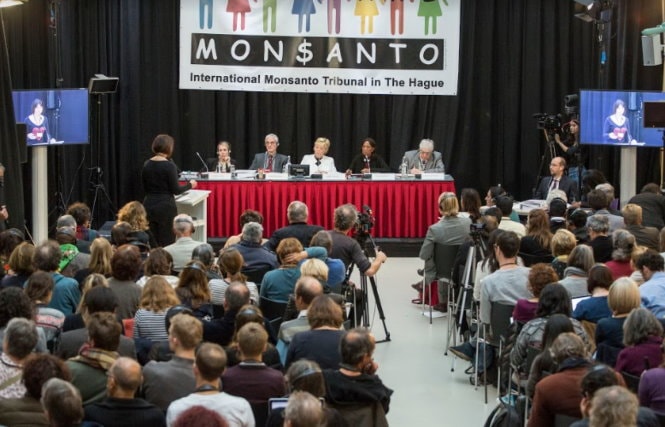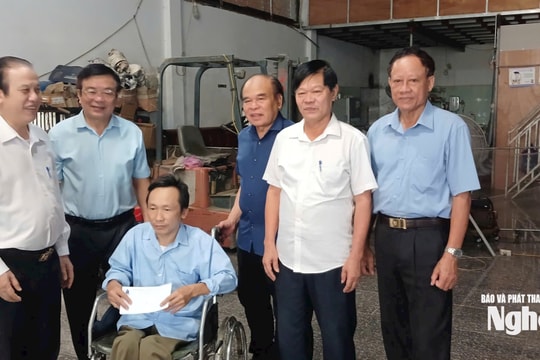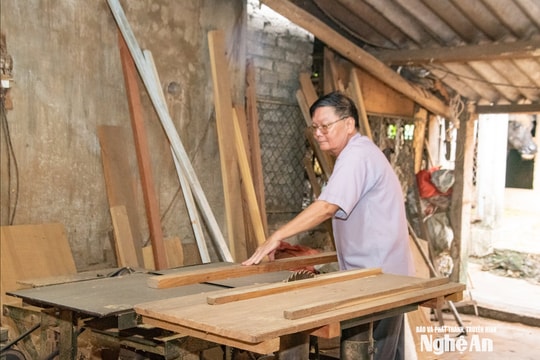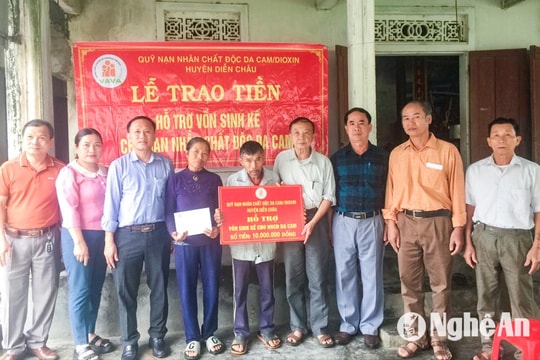International court convicts Monsanto of destroying Vietnam's environment
The International Monsanto Tribunal announced its conclusion: Monsanto Corporation has destroyed the environment. Considering international law, the judges confirmed that Monsanto has caused damage to the people of Vietnam.
 |
| The International Monsanto Tribunal in The Hague (Netherlands) opened its trial in October 2016. Photo: Greenpeace. |
On April 18 (local time), Ms. Françoise Tulkens - chair of the international tribunal on Monsanto in The Hague (Netherlands), announced a 60-page consultation recommendation concluding that Monsanto Corporation had violated human rights.
Monsanto sells toxic products that have killed thousands of people, such as the active ingredient glyphosate in the herbicide Roundup or the chemical 2,4,5-trichlorophenoxyacetic acid in Agent Orange sprayed by US military planes during the Vietnam War.
The International Monsanto Tribunal is a citizen’s trial designed to raise public awareness and promote law enforcement. During the trial, which ran from October 16 to 18, 2016, five expert judges from Argentina, Belgium, Canada, Mexico and Senegal heard from about 30 witnesses, experts, lawyers and victims.
Six issues were raised at the hearing. For four issues on respect for the rights to a healthy environment, food, health and freedom of scientific research, the consultation proposal published on April 18 assessed that Monsanto had violated regulations and infringed on fundamental rights.
The judges found that Monsanto had engaged in activities that were harmful to the environment and affected the rights of indigenous peoples and local communities.
In particular, commercial activities in genetically modified varieties affect the rights to food and health by forcing farmers to adopt farming methods that do not respect traditional farming practices.
Monsanto's activities also undermine the rights to freedom of scientific research, freedom of speech and access to information.
On the remaining two issues, the consultation motion was reserved. On Monsanto’s complicity in war crimes, the judges found it impossible to reach a conclusion.
However, the judges confirmed that Monsanto had destroyed the environment and caused damage to the Vietnamese people.
The judges assumed that Monsanto had provided the means to fight in Vietnam, that Monsanto knew about the use of toxic products, and had information about the harmful effects of toxic products on health and the environment.
In this regard, the consultation proposal suggests that civil proceedings could be expedited and that judges could, accordingly, give their opinions on ecocide in Viet Nam under the Rome Statute of the International Criminal Court.
Finally, for the crime of environmental destruction, the consultation recommendation concluded that Monsanto was liable.
The judges considered that it was time to propose establishing a new legal concept of environmental crimes and amending this issue in the Rome Statute. That is, to hold corporate entities (legal entities) responsible for environmental crimes because for a long time only individuals were considered responsible entities (natural persons).
The advisory opinion, published on April 18, is considered the final conclusion of the international tribunal on Monsanto in The Hague. Because this is a citizen's court, the advisory opinion is not legally binding.
In October 2016, Monsanto declared that the international Monsanto tribunal in The Hague “played both football and whistle” so Monsanto did not accept the court's conclusion.
The presiding judge of the trial, Françoise Tulkens, a former judge of the European Court of Human Rights, assessed that even if Monsanto refused to attend the trial at her invitation, the newly published consultation request would still stand.
Speaking to Le Monde newspaper, she explained: “This is a legal verdict, there was no trial with two sides facing each other, however we have drawn conclusions based on many reports and accepted evidence.”
She said the consultation petition had introduced a new concept of environmental crimes and would help countries better respect fundamental rights. In addition, Monsanto victims could also use the legal arguments in the consultation petition to sue Monsanto. The consultation petition will be forwarded to the UN, the International Criminal Court, the UN Human Rights Committee and Monsanto.
According to Tuoi Tre
| RELATED NEWS |
|---|



.jpg)




